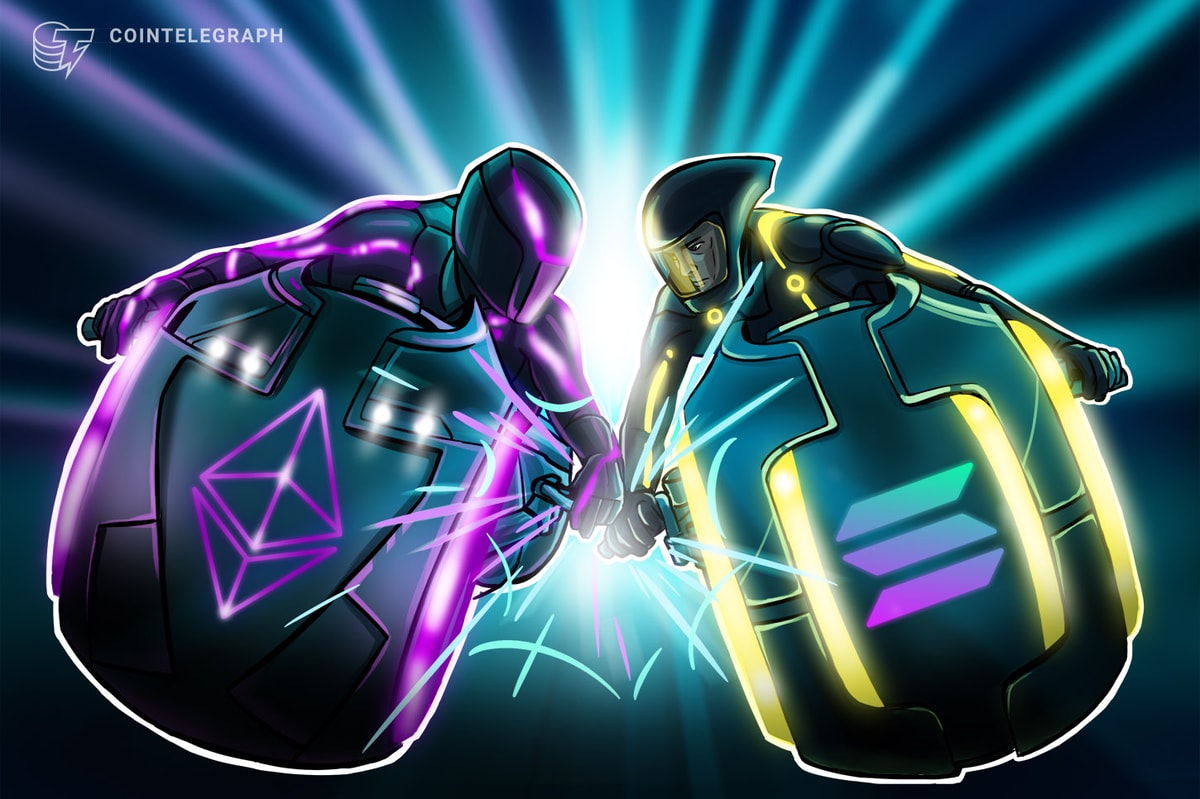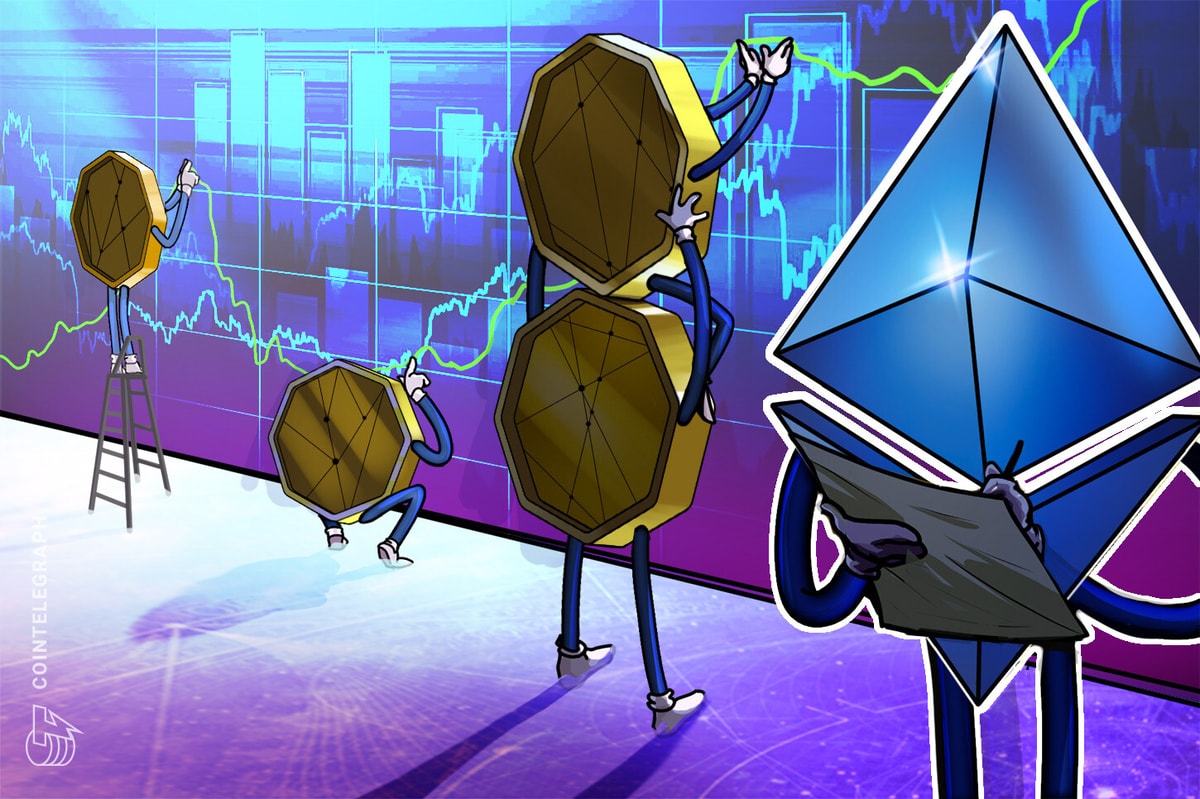Scroll’s co-founder rebutted claims the Ethereum layer-2 network orchestrated a “predatory” token launch in October, dismissing the allegations as “wild” in a Nov. 28 post on the X platform.
Sandy Peng, Scroll’s co-founder and CEO, said Scroll has “been reflecting on community feedback” and is “working on addressing this with Session 2,” Scroll’s planned follow-on airdrop announced in October.
Additionally, Scroll is “restructuring to align with our next phase of development,” and “[s]ome team members are moving on,” Peng said.
Source: Sandy Peng
Related: Ethereum layer 2 Scroll tips native token launch
On Oct. 22, Scroll launched its native token, SCR, in a controversial airdrop marred by accusations of token dumping by members of the network’s core team.
The token’s price dropped 32% on the first day of trading after Scroll granted large SCR allocations to a handful of whale wallets, upsetting some airdrop participants.
In a Nov. 27 X post, Rushi Manche, co-founder of rival blockchain developer Movement Labs, described Scroll as “probably one of the worst actors in the space” and claimed Scroll “literally airdropped to [team members’] wallets and dumped.”
On Nov. 28, Peng said Scroll allocated a “negligible” amount of Marks — or points used to set airdrop allocations — to its own wallets and mainly used SCR allocations to seed decentralized exchanges (DEXs) with trading liquidity.
“In hindsight, removing Marks for clarity would’ve been better. Lesson learned,” Peng said.
The SCR token will be “a primary governance mechanism of the protocol and progress to being a protocol utility token as Scroll becomes more decentralized,” Scroll said in October.
The token’s total supply is 1 billion SCR, with 15% pegged for airdrops, 35% for ecosystem growth and 17% for investors. The rest will go to the Scroll Foundation (10%) and contributors (23%).
Scroll is a zero-knowledge (ZK) rollup competing against layer 2s such as ZKsync Era and Starknet.
ZK-rollups are expected to eventually supplant optimistic rollups — such as Arbitrum and Base — as Ethereum’s dominant scaling solutions.
Compared to optimistic rollups, which often take upward of seven days to finalize transactions, ZK-rollups usually settle within minutes.
They face competition from L2s using alternative approaches, such as Movement Labs’ postconfirmations.
According to crypto researcher Aylo, the pseudonymous founder of Alpha Please, 23 of the 31 tokens distributed in sizable airdrops have lost value since their first day of listing, sometimes severely.
Magazine: Is Bitcoin heading back to $90K? Solana ETFs, and more: Hodler’s Digest, Nov. 17–23











